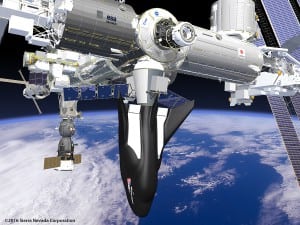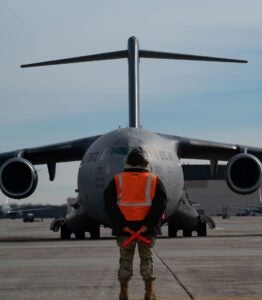
NASA on Thursday awarded Orbital ATK [OA], Sierra Nevada Corp. (SNC) and Space Exploration Technologies Corp. (SpaceX) Cargo Resupply Services-2 (CRS-2) contracts, leaving Lockheed Martin [LMT] on the outside looking in.Orbital ATK and SpaceX were incumbents from the original CRS program, which delivers food and supplies to the International Space Station (ISS). Sam Scimemi, ISS division director at NASA headquarters in Washington, said Thursday during a webcast that contracts begin upon each award and each contract guarantees a minimum of…










